Lots of people news – the latest high profile sector appointments announced as the ministerial shuffling finishes. The Commons sessions highlight the cost the Freedom of Speech Bill may have for the HE sector and there are briefings, reports and lots of interest surrounding student financing.
All change, please!
Haven’t they just had a ‘holiday’? Parliament has entered recess for the party conference season. While this might offer a temporary break from the repetitive and dispiriting Freedom of Speech Bill arguments (“oh no it doesn’t”…”oh yes it does”) we can expect familiar themes to waft around in the media during the Conservative party conference as new ministers and their junior counterparts rush to impress in their new positions.
The ministerial reshuffle continues into this week with the responsibilities of some of the junior ministers still to be officially confirmed. A Government department has undergone a name change to refocus its agenda. The former Ministry for Housing, Communities and Local Government (MHCLG) is now the Department for Levelling Up, Housing and Communities. This statement outlines the new department’s responsibilities with the change intended to embed levelling up commitments and policy on governance in the United Kingdom and elections within a single department which already manages relationships with local communities, local government and the housing sector.
Science, Technology and Research minister Amanda Solloway has been moved to the Whip’s Office. She is replaced by George Freeman (also see this THE article on George).
As you will have spotted from our update last week the Education team had a massive overhaul and only Michelle Donelan, Universities Minister, remained in post. Baroness Barran sits in the Lords chamber with responsibility for the school system.
Here is the top level DfE team as currently stands:
- Nadhim Zahawi, Secretary of State for Education
- Michelle Donelan, Minister for Universities
- Robin Walker, Minister for School Standards
- Will Quince, Minister for Children and Families
- Alex Burghart, Minister for Apprenticeships and Skills
- Baroness Barran, Minister for the School System
Michelle Donelan will attend Cabinet and has some responsibility for apprenticeships and skills within her expanded ministerial brief. Alex Burghart was appointed as the Minister for Apprenticeships and Skills to lead on technical education including the qualifications review and the new T levels but MD’s job description gives her joint responsibility for post-16 education strategy with him.
Guido Fawkes outlines the SpAd movers and shakers including:
- Kwasi Kwarteng has scooped up Marcus Natale from No. 10’s research and briefing team as a new policy SpAd to cover the energy and climate change brief.
- Nadhim Zahawi has Tom Kennedy and Iain Mansfield (Iain is former Head at Policy Exchange and ex DfE civil servant).
The Sutton Trust cabinet analysis tells us that of the 30 Cabinet ministers:
- 47% of the new Cabinet attended Oxbridge (was 50%) – quite a lot higher than the party or overall Commons rates (27% Conservative MPs, 24% of all MPs attended Oxbridge).
- with 60% of new Cabinet privately educated, a decrease of 5% (compared to 29% of MPs overall were privately educated);
- and 27% were both privately educated and attended Oxbridge.
- Nadhim Zahawi (Secretary of State Education) was privately educated and attended UCL.
- Michelle Donelan attended a comprehensive school and went to York university.
Appointments
A number of high level positions have recently changed hands or been reconfirmed.
Andy Haldane has now been confirmed as the new Head of Levelling-up within the Government. He is the former Bank of England chief economist and will join as a permanent secretary in the Cabinet Office on secondment from the Royal Society of Arts, Manufactures and Commerce (RSA) for 6 months. He will head up the Levelling Up Taskforce that will report jointly to the Prime Minister and the Secretary of State for Levelling Up, Housing and Communities. Prime Minister, Boris Johnson MP, said: Andy is uniquely qualified to lead our efforts to raise living standards, spread opportunity, improve our public services and restore people’s sense of pride in their communities. Andy Haldane said: Levelling up the UK is one of the signature challenges of our time. It has also been a personal passion throughout my professional career.
Health Education England announced the re-appointment of its chair, David Behan, and that of his non-executive colleagues on the board, Liz Mear and Andrew George. All three will continue in their roles until 2024.
Dr Jo Saxton has taken up her post as the new Chief Regulator at Ofqual (replaced interim Simon Lebus). One of the key challenges facing the new chief regulator will be tackling grade inflation, as well as finalising plans for the 2022 assessment series. Dr Saxton said: As chief regulator, pupils and students will be at the heart of every decision we make at Ofqual: their best interests will be my compass.
Heidi Fraser-Krauss is now in post as the new Chief Executive of Jisc. She was previously Executive Director of Corporate Services at the University of Sheffield and replaced Paul Feldman who is retiring after six years in office. Her appointment was announced in June.
6 new non-executive directors have been appointed to the UKRI board. Their backgrounds provide a blend of business, scientific and technological expertise. They will work with UKRI’s Chair, Sir Andrew Mackenzie, to support and challenge UKRI to maximise the benefits from government investment into R&D and help secure the UK’s status as a global science superpower. They are: Sir Ian Boyd, Dr John Fingleton, Professor Anthony Finkelstein, Priya Guha, Nigel Toon, and Ruwan Weerasekera.
The Student Loans Company is moving its headquarters to Glasgow.
Free Speech
Freedom of Speech in HE remains big news this week as consideration of the Bill continued with the final evidence hearings this week. Here are the most notable points in brief:
Cost
- Emma Hardy (ex-Shadow Universities Minister) – It is worth pointing out that what is proposed in the Bill does not come cost-free. The impact assessment estimated that the cost of compliance with the Bill would be around £48.1 million. Bearing in mind the points I have made previously about the overlap with the Office of the Independent Adjudicator for Higher Education and the confusion that some students will have, it seems fairly ludicrous that the Government wish to spend £48.1 million replicating something that already exists in another form.
- Matt Western (current Shadow Universities Minister): …she is absolutely right: this is not just something that already exists, but something that exists relatively cost-free. The cost of £48.1 million that she has mentioned—which is the Department’s estimate of what the Bill will cost student unions and universities across the country—should not be ignored.
- Matt Western: That must be a real concern: the simple fact that you can bypass all the processes and go straight to court. The clause should therefore be removed or at least amended to reflect the Government’s own views on how they wish the tort to operate.
Misuse: Matt Western:
- …We have wider concerns that the Bill will create a culture of lawfare against universities. Clause 3 does not restrict the tort to those who personally feel that their speech has been restricted or those who have been directly affected. It therefore risks opening up vexatious claims against universities from those who seek to do them harm. As Dr David Renton and Professor Alison Scott-Baumann said in their written evidence, the Bill means that, “any lecture, seminar or guest speech could lead to a lawsuit.”
- They pointed out that the statutory tort element of the Bill will open the floodgates to civil litigation and forms of lawfare, most likely from well-funded American groups on the hard right, or perhaps groups such as the Chinese state Communist party.
- …we will see ambulance chasers, for want of a better term. There will be people putting their cards around student campuses who are looking for opportunities to be mischievous and to make money out of situations that can be manufactured on our campuses.
Cost and Misuse
- Matt Western paraphrased evidence from Smita Jamdar, Lawyer, Shakespeare: Some of the cases may be small claims, where even if the university is successful in defending the claim, it will not recover its legal costs. Even getting rid of vexatious claims by striking them out can be expensive. So there are significant costs for the university whatever happens…a few thousand pounds in every case could be spent getting rid of claims that are either very trivial or unmeritorious generally.”––[Official Report, Higher Education (Freedom of Speech) Public Bill Committee, 7 September 2021; c. 48, Q90.]
- MW: Do the Government really want to take money from hard-hit students and place it into the hands of far-right holocaust deniers or… those state actors wishing to do us harm?
Ranking: Universities Minister Donelan: the amendment seeks to introduce a requirement on the Office for Students to publish an annual report that would assess and rank higher education providers on their compliance with their freedom of speech duties.
Fines: Michelle Donelan confirmed that the level of fines levied by the Free Speech Commissioner would be subject to parliamentary scrutiny – no further detail was provided.
Impartiality: The independence of the intended Free Speech Commissioner was also discussed.
Exemptions: Wonkhe have a short blog explaining why Michelle Donelan has chosen to exempt the students’ unions attached to individual colleges at Oxford and Cambridge from the Student Union Freedom of Speech duties proposed by the Bill: It’s one rule for most SUs and no rules for Oxbridge
Costs – loans, grants, and student withdrawals
It comes as no surprise that the House of Commons Library have published a raft of new briefings relating to student finance. MPs are busy buffing up on student finance ahead of the spending review and party conferences. And the sector awaits the Government’s decisions on final outcome of the Augar review rather than the drip drip of changes and warnings of change to come that have been received so far. While it might not have been big news this is the one waiting in the wings.
I will confess I’m a Commons Library brief fan. Even so do take the time to read Student finance in England: How much would it cost to bring back grants? Spoiler: about £0.7 billion for £3k grants if it replaces the loan and isn’t in addition to loans. The brief also explains why receiving a grant wouldn’t change the repayment amounts for low income students – only the minority that go on to become high earners would see a reduction in loan repayments (because lower income students will not fully pay the debt back before the cut off). However, it would likely cut the debt for disadvantaged graduates from £60k to £45k – although one has to ask whether this would really tip the scales to progress to HE for debt adverse graduates.
If we’ve whet your appetite the Commons Library has more briefings in this series –
Both Abolition of maintenance grants in England from 2016/17 and The value of student maintenance support gives more background on changes to maintenance support.
They also have an introduction to student finance in England providing the basics which will be suitable if you are new to this field.
There is also How much do graduates pay back? which outlines the current financial transactions and repayments from graduates.
Meanwhile two new reports have been published by the Institute for Fiscal Studies (IFS) – one on the tuition loan system, and one on post-HE geographical mobility and graduate earnings.
Tuition Loan system: The impact of living costs on the returns to higher education was commissioned by the DfE and finds that it would be essentially impossible for the Treasury to save money on university tuition fees in England without hurting graduates on average earnings in favour of their wealthy peers. Key findings and recommendations:
- Despite its many flaws, the current system does have the desirable characteristic that it is progressive: the highest-earning borrowers repay by far the most towards their student loans, and lower-earning borrowers pay less.
- The chancellor should use the income tax system rather than student loan repayments as a way of raising revenue from the highest-paid graduates.
- Increasing the repayment rate on student loans would be the most straightforward way to raise more money, but seems to be both politically unpalatable and economically misguided.
- Lowering the income threshold at which loan repayments start – currently £27,295 – would see more graduates facing an effective marginal tax rate of 50% on their salary and employer’s national insurance contributions when the new health and social care levy takes effect. Non-graduates would face an equivalent rate of just 42%.
- A more realistic alternative on the table is to extend the loan term for student loans. At the moment, all outstanding student loans are written off 30 years after students start repaying, which generally happens in the year after they leave university. Many commentators, including the authors of the Augar Review, have suggested extending the loan term to 40 years.
- Researchers estimate that each year-group of domestic undergraduates costs the government about £10bn. Approximately 80% of students will never repay their loans in full, with the IFS’s modelling suggesting that 44% of the value of the loans will be written off.
- Researchers at the IFS have constructed a calculator, in partnership with the Nuffield Foundation, showing the options and costs available to the Treasury.
- Looking at post-graduation living costs, and how this might impact tuition loan repayments, they find there are indeed large differences in where graduates from different universities live after leaving education – around 60% of individuals who attended university in London still live there at age 27, while less than 20% of graduates from institutions outside of London live in London at age 27.
Ben Waltmann, senior research economist at IFS, said: With a series of tweaks to the student loans system, successive chancellors have painted themselves into a corner. The system is expensive but there is essentially no way to raise more money from it without hitting borrowers with average earnings more than the highest-earning ones. If [Sunak] wants to raise more from the highest earners, the chancellor will need to use the tax system.
Nick Hillman, Director of the HEPI and the architect of the 2012 regime during his SpAd years, said the IFS’s analysis confirms that many of the changes being suggested would make the system less progressive: It’s absolutely crucial, however, not to lose sight of the fact that half of all people still do not benefit from higher education. So any assessment looking at graduates only does not show the true distributional impact on the country as a whole. That sounds like a call to back the Government’s graduate metrics and value for money judgements.
Student Loans Company – withdrawals and guidance note: Wonkhe summarise the Student Loans Company (SLC) data release on early-in-year student withdrawal notifications between academic years 2018-19 and 2020-21. The overall withdrawal rate across England, Wales and Northern Ireland rose by 6 per cent compared to the previous academic year, with a total of 32,364 students leaving their courses before completion. However, the total number of withdrawals still lies below the number seen in 2018-19.
The SLC also published an information note setting out the 2021/22 funding arrangements for undergraduate and postgraduate students following the lifting of covid-19 restrictions.
Graduate Mobility: Returning to the second IFS report: London calling? Higher education, geographical mobility and early-career earnings (again commissioned by DfE) this finds that HE enables graduates to move to places with better career prospects, but that this also leads to a ‘brain drain’ from the North and coastal areas.
HE leads to higher geographical mobility:
- At age 27, around 35% of graduates and 15% of non-graduates have moved away from the travel to work area (TTWA) where they lived at age 16.
- Around two-fifths of the difference in mobility between graduates and non-graduates can be explained by differences in their background characteristics, such as socio-economic status, prior educational attainment and area of origin. All else equal, graduates are 10% more likely to have moved by age 27 than non-graduates.
- Graduates of more selective universities are more mobile, even controlling for background characteristics and subject choice.
Graduates move to places with better labour market opportunities.
- Graduates tend to move to large cities, especially to London – around a quarter of graduates who do move go to London. In contrast, non-graduates do not disproportionately move to London and other large cities.
- In general, places with high average earnings attract graduates through migration. Graduates who grew up in places with low average earnings are more likely to move away.
- For a given level of average earnings, cities attract and retain more graduates than other areas. In addition to London, Brighton, Bristol and Leeds all gain large numbers of graduates through migration.
- By enabling people to move to labour markets that offer better career opportunities, higher education appears to reduce inequality of opportunity between people who grow up in different areas.
Ethnic minorities and those from low socio-economic backgrounds are less likely to move, and the effect of higher education on mobility is much weaker for these groups.
- People from the bottom socio-economic status (SES) quintile are 16% less likely to have moved by age 27 than people from the top SES quintile, though most of this difference can be explained by differences in prior attainment and other background characteristics.
- Young adults of Indian and Pakistani ethnicity are around 7% less likely to have moved by age 27 than White British people, even controlling for differences in background characteristics.
- Higher education appears to have a much smaller impact on mobility for low SES and ethnic minority groups. All else equal, young people from the poorest families are only around 4% more likely to move if they graduate from university. Black and Asian graduates are no more mobile than Black and Asian non-graduates.
- Of those who do move, low-SES graduates are less likely to move to major cities than graduates from higher-SES backgrounds, even controlling for background characteristics.
Graduates gain higher earnings from moving.
- On average, male graduates who move earn 10% more at age 27 than otherwise similar graduates who do not move. For women, the estimated gain to moving is 4%.
- Estimated ’moving premiums’ are very similar across SES and ethnic groups, with the exception of Asian women, for whom movers earn less than stayers.
- Subject impact – moving is associated with little/no gain in earnings (controlling for background characteristics) in nursing, education and social care, but very large gains among graduates of law, technology, languages, business and economics – particularly for graduates who move to London.
- This suggests that moving to certain areas might be necessary to take full advantage of the returns to some degrees.
Patterns of mobility exacerbate regional inequality in skills.
- Rates of higher education participation vary hugely across the country. Less than 20% of people born in the late 1980s who grew up in Grimsby and Wisbech went on to get degrees, compared with over 40% of those from Tunbridge Wells and High Wycombe.
- Many cities that gain large numbers of graduates through migration – such as London, Brighton, Leeds and Bristol – already have relatively high levels of higher education participation.
- In contrast, many places with low levels of higher education participation, such as Grimsby and Wisbech, further lose graduates through migration.
Xiaowei Xu, Senior Research Economist at the IFS and an author of the report, said: In moving from more deprived areas to London and other cities, graduates improve their own career prospects, but this exacerbates geographical inequality in skills. As well as ‘levelling up’ educational attainment across the country, policymakers should think about how to attract and retain talent in places that are currently less well-off.
Wonkhe have a blog on the IFS report: Should graduates move to get better jobs? Excerpt: What’s coming through here for me is more evidence that having a university in your area is a great way to have more qualified young people staying in your area – be they originally from there or from elsewhere.
And on the dichotomy: for the good of some local areas, we could get better at keeping graduates in the area they studied. But for the good of graduates, we should make it easier to move away. Traditionally, individual benefit has trumped societal benefit in Conservative policy – I look forward to one arm of government telling graduates to stay where they are to level up struggling areas, and then another labelling the courses low quality because they lead to low salaries and unskilled jobs.
Research
- Wonkhe outline the REF arrangements: The Research Excellence Framework (REF) team has writtento higher education providers in the UK to provide details of the arrangements for publishing the REF 2021 results. Institutions will receive their own REF results under embargo on 9 May 2022, with the full publication of REF 2022 taking place on 12 May. Institutions will also receive the full results under embargo on 10 May, with feedback on their REF submissions arriving in June.
- The Government’s Regulators’ Pioneer Fund has awarded £3.7m of funding to 21 projectsto propel cutting-edge innovation across the UK. The Fund awards projects that help support the country’s regulatory environment to keep pace with technological advances of the future such as using drones to transport vaccines. The Fund is part of wider government work on regulation. This includes the recent Reforming the Framework for Better Regulation consultation and the Better Regulation Committee, chaired by the Chancellor, which aims to drive an ambitious reform agenda ensuring the UK’s regulatory framework is fit for purpose and delivers the government’s strategic objectives.
- National AI Strategy published.
- Wonkhe blog: Forging prosperous pathways for early career and postdoctoral researchers.
- Commons Oral Questions – What steps his Department is taking to establish the UK’s position as a world leader in science, research and innovation.
Admissions, Access & Participation
HEPI have an interesting personal blog which looks at how a student attended a combination of access programmes which both informed and supported successful application and settling in at the chosen university. The individual and parent seem self-motivated and found a range of opportunities they confidently accessed. The blog makes suggestions for universities on what is important.
NEON report on a BBC article which highlights admissions bias. The BBC reported this week that out of the 132 UK universities, listed by UCAS, just nine had a higher offer rate for black applicants. The article also highlights that, in Wales, all institutions had a higher offer rate for white, rather than black, applicants. The article highlights the experiences of three Welsh pupils as they talk about the factors that influence their future choices. Commentating on the data Dr Jason Arday, associate professor of Sociology at Durham University, said the figures highlight that higher education is “systematically disadvantaging particular minority groups” through unconscious bias of admissions teams and programme leaders.
Interestingly, David, one of the interviewees stated: When you’re looking for universities you have to look for a place that suits you. Sometimes looking for that place might not be on paper the best university, but it’s the best university for you…I know that’s not good or fair, but it’s what I’ve done to have the best university experience.
Anecdotally this is recognised as a regular student phenomenon, after all it is all about personal choice. However, the Government would see this as a failing of the sector, they would like David to feel comfortable and apply to the highest tariff institution his ability would stretch to. It is unrealistic to expect HE to be all things to all people but where do we draw the line? Is the fact that David feels like he belongs less at one institution a failing, is it a combination or personal factors, or is it a demographic which perpetuates and if so – how big a factor is admissions in perpetuating the diversity of the student body?
TASO is tendering for the extension of its research portfolio into supporting student mental health, reducing equality gaps for disabled students, reducing equality gaps in employment and employability, survey scale validation for widening participation and success. They’re all calling for a diverse set or organisations to join the evaluation panel. We can look forward to the conclusion of the successful tenderer’s work in the above challenge areas in the future.
A short insightful Wonkhe blog from Martin at the National Deaf Children’s tackles the difficulties of the continuing Covid related restrictions on campus. It covers problems with mandated mask wearing and auto captioning on remote learning. Important factors which relate to the OfS’ agenda about a student’s experience of quality within their HE institution.
Levelling Up
The Institute for Government published Levelling up an analysis paper in which they examine what the Government actually means by ‘levelling up’. It stated the levelling up agenda lacks clear objectives, with policies often contradicting ministerial rhetoric about decentralising power. It highlights these three aspects for the Government to urgently address:
- Is government prioritising the most deprived people or the lowest economic output areas?
- What is the role of regional cities in the levelling up agenda?
- Does levelling up mean decentralising power or not?
They also note that many of the levelling up policies give most decision-making power to central government – which jars with government rhetoric. The Levelling Up Fund, Towns Fund and Community Renewal Fund are all centrally run and rely on local areas bidding for money. This gives central government a lot of power in deciding where funding goes and what types of projects are eligible.
These analyses recognise that the Government is due to publish a white paper on levelling up this autumn and suggests a further five questions the white paper should address. More content here.
Accompanying the paper is also the explainer report on the Towns Fund
International
PQs
Inquiries and Consultations
Click here to view the updated inquiries and consultation tracker. Email us on policy@bournemouth.ac.uk if you’d like to contribute to any of the current consultations.
Other news
Non-graduate esteem: text Wonkhe describe Education divide a Social Market Foundation publication championed by the former Leader of the House of Lords Baroness Stowell which characterises the gaps between graduates and non-graduates as “the most important division in Britain today”. Noting evidence that a person’s level of education is currently the best predictor of voting behaviour in the UK – and the “domination” of politics, media, and business by graduates – the report will argue that the non-graduate majority often feel “ignored and excluded”.
Stowell recommends that politicians and businesses should do more to “restore the social norms” that previously offered non-graduates esteem and respect in society – and that those holding non-graduate jobs such as those in public transport and retail should be seen as authority figures. There are also calls for employers to offer non-graduates opportunities to progress and lead.
Student Loan calculator: Wonkhe – The Institute for Fiscal Studies has released an interactive calculator for examining how different reforms would affect student loans in England. The calculator produces estimates of the costs and consequences of changes to variables such as the loan term, the repayment threshold, and the interest rate. The Guardian covers the tool.
Careers: Wonkhe tell us – The House of Commons Library has published a research briefing on careers guidance in English schools, colleges and universities. The briefing covers the current state of careers guidance and how the Skills for Jobs white paper plans to strengthen existing services.
Emergency contact: The Information Commissioner’s Office blogged about Sharing personal data in an emergency – a guide for universities and colleges.
UCAS Policy Groups: UCAS is looking for new members to join their nation-specific – English, Scottish, Welsh and Northern Irish – Policy Groups. These new groups will represent the diverse interests of UCAS’ customers and stakeholders, and their progression to UK post-secondary education including higher education (HE) and apprenticeships. Their principal role is to influence and inform UCAS’ policy positions and supplement the work of UCAS Council, which advises the UCAS Board. UCAS invites new member applications from across the sector and aims for these advisory groups to be a diverse community with different views, approaches and insights – colleagues from a broad range of backgrounds, demographics and cultures are therefore encouraged to send their expressions of interest. The groups will meet twice a year. Members will be expected to be active in the sector, engage with the group, contribute to its activities, and seek views and feedback from their own networks and other groups. The current list of members, vacancies and Terms of Reference can be found on the groups and forums web page. Contact the policy team if you are interested in this opportunity.
Subscribe!
To subscribe to the weekly policy update simply email policy@bournemouth.ac.uk. A BU email address is required to subscribe.
External readers: Thank you to our external readers who enjoy our policy updates. Not all our content is accessible to external readers, but you can continue to read our updates which omit the restricted content on the policy pages of the BU Research Blog – here’s the link.
Did you know? You can catch up on previous versions of the policy update on BU’s intranet pages here. Some links require access to a BU account- BU staff not able to click through to an external link should contact eresourceshelp@bournemouth.ac.uk for further assistance.
JANE FORSTER | SARAH CARTER
VC’s Policy Advisor Policy & Public Affairs Officer
Follow: @PolicyBU on Twitter | policy@bournemouth.ac.uk



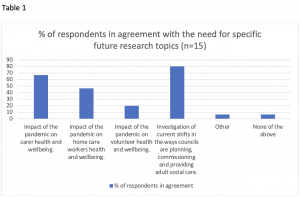


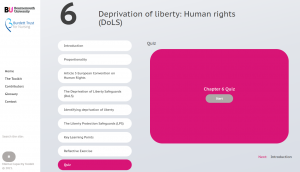
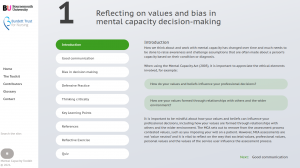
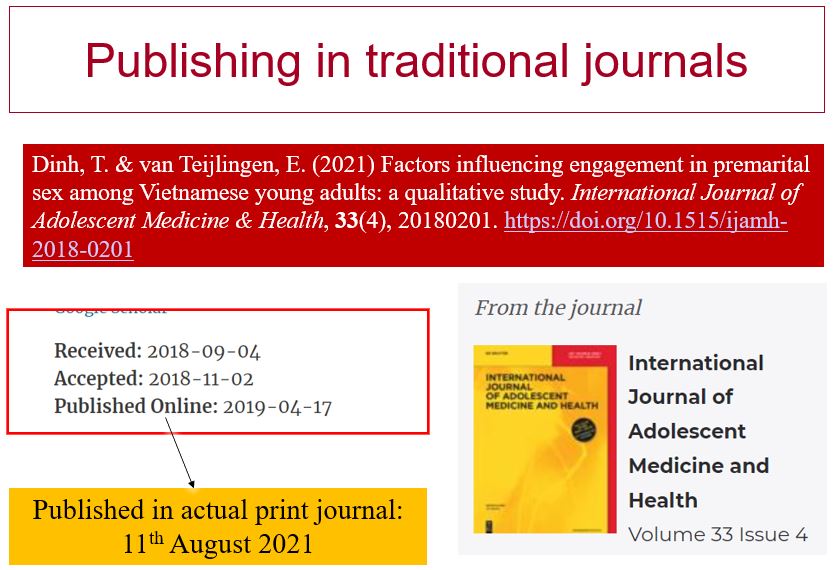
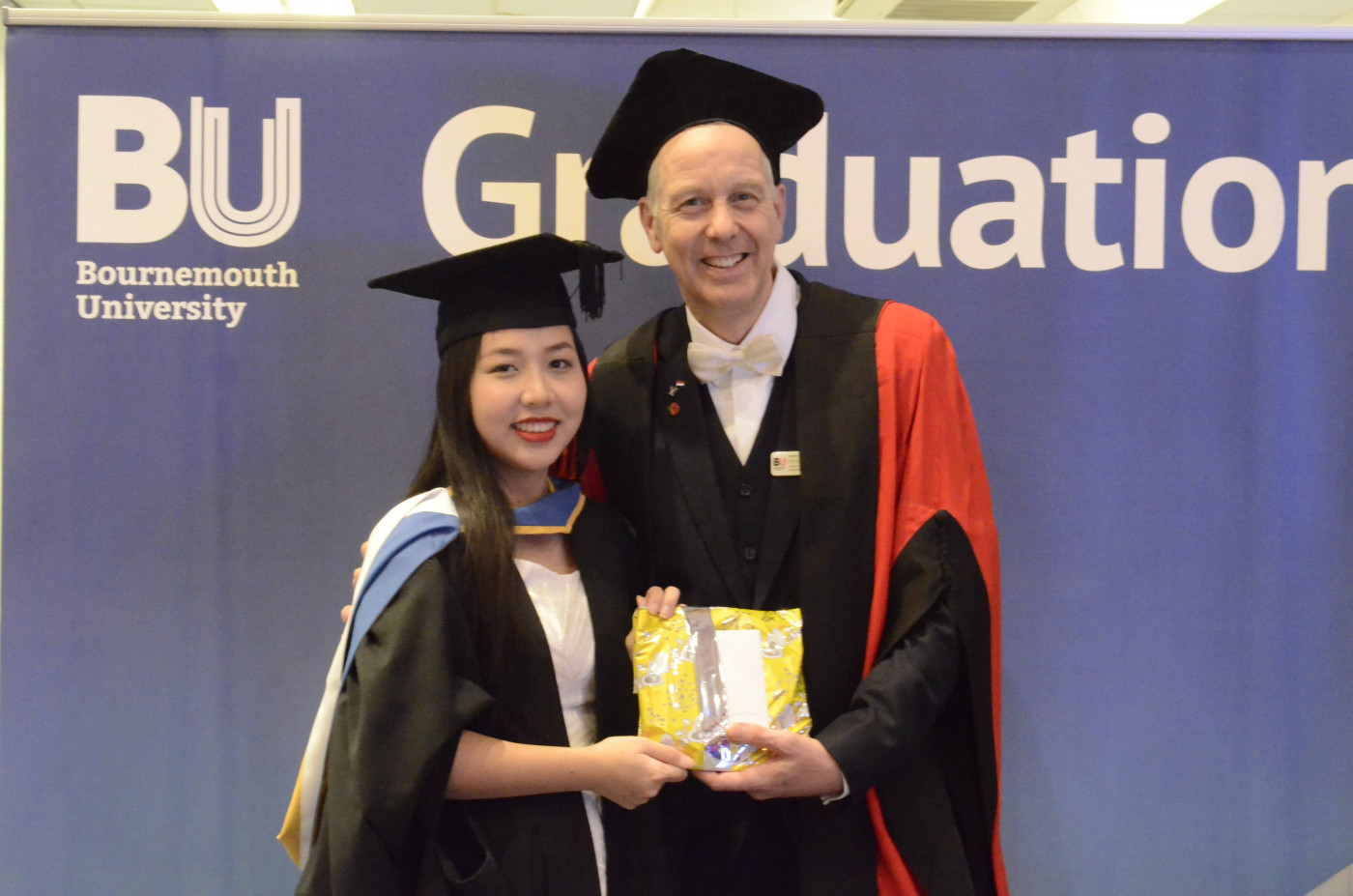
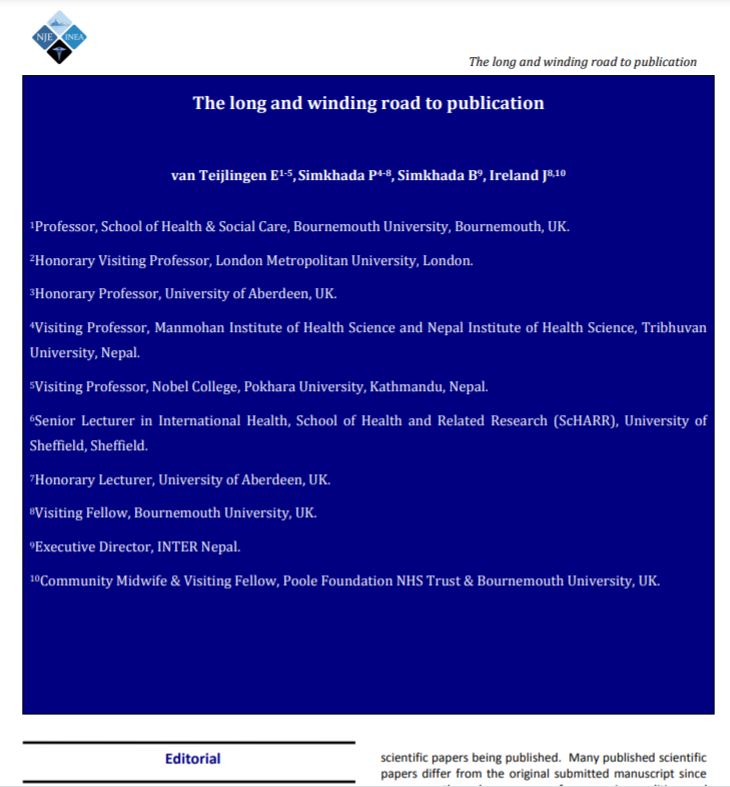

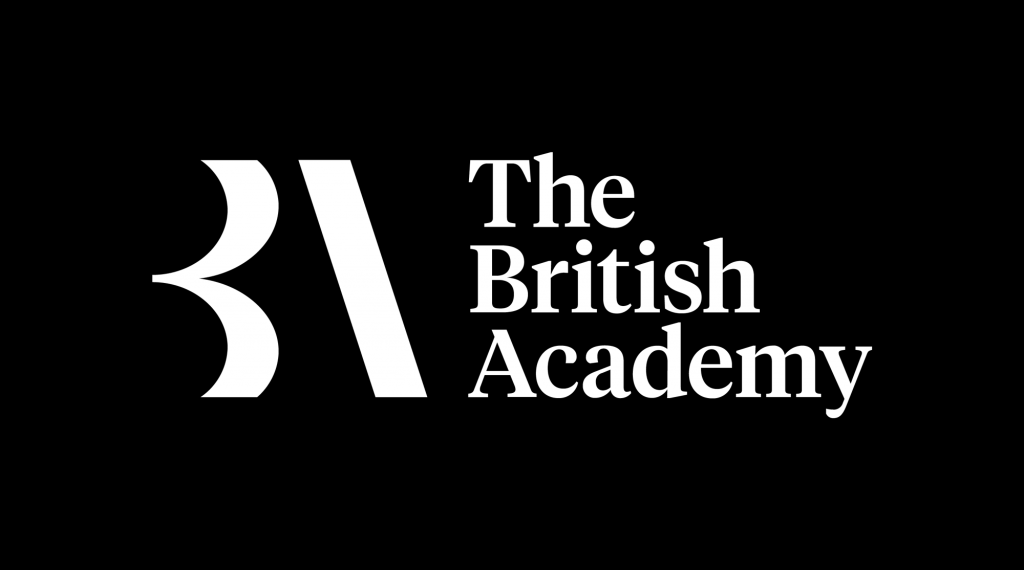


 Last Saturday (25th September) was national Research Administrators Day, so this week, RDS are celebrating the wonderful research administrators at BU that develop, support and enable research activity at BU. The breadth of activities that our colleagues play an important role in is extensive; from the development of funding applications (using the mind-boggling financial methodology and systems our funders require), the submission of complex returns such as the Research Excellence Framework (apparently, it’s supposed to be less bureaucratic now?) through to the day-to-day management of grants (and if you’ve ever been involved in an EU audit, you’ll understand the complexities of this).
Last Saturday (25th September) was national Research Administrators Day, so this week, RDS are celebrating the wonderful research administrators at BU that develop, support and enable research activity at BU. The breadth of activities that our colleagues play an important role in is extensive; from the development of funding applications (using the mind-boggling financial methodology and systems our funders require), the submission of complex returns such as the Research Excellence Framework (apparently, it’s supposed to be less bureaucratic now?) through to the day-to-day management of grants (and if you’ve ever been involved in an EU audit, you’ll understand the complexities of this).
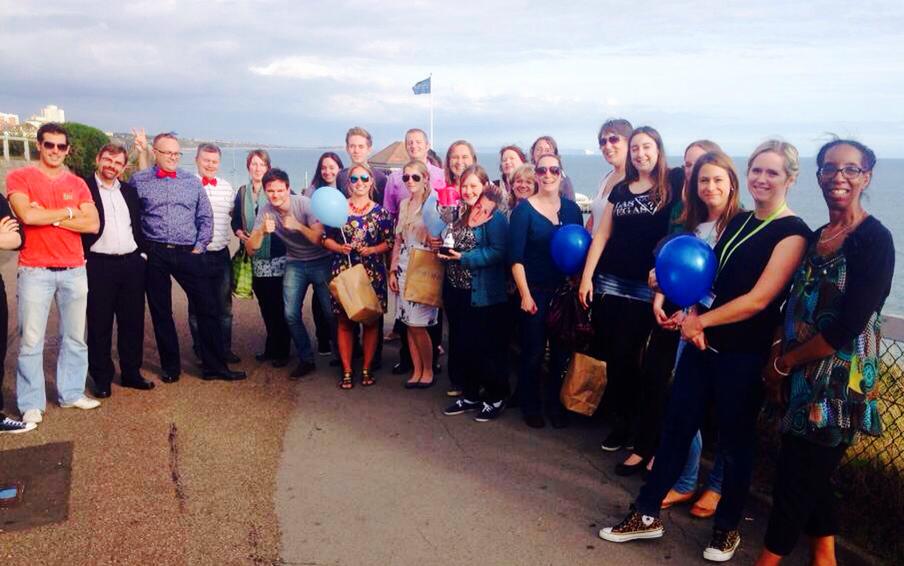


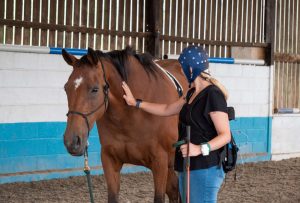











 Visiting Prof. Sujan Marahatta presenting at BU
Visiting Prof. Sujan Marahatta presenting at BU 3C Event: Research Culture, Community & Can you Guess Who? Friday 20 March 1-2pm
3C Event: Research Culture, Community & Can you Guess Who? Friday 20 March 1-2pm Beyond Academia: Exploring Career Options for Early Career Researchers – Online Workshop
Beyond Academia: Exploring Career Options for Early Career Researchers – Online Workshop UKCGE Recognised Research Supervision Programme: Deadline Approaching
UKCGE Recognised Research Supervision Programme: Deadline Approaching SPROUT: From Sustainable Research to Sustainable Research Lives
SPROUT: From Sustainable Research to Sustainable Research Lives ECR Funding Open Call: Research Culture & Community Grant – Apply now
ECR Funding Open Call: Research Culture & Community Grant – Apply now ECR Funding Open Call: Research Culture & Community Grant – Application Deadline Friday 12 December
ECR Funding Open Call: Research Culture & Community Grant – Application Deadline Friday 12 December MSCA Postdoctoral Fellowships 2025 Call
MSCA Postdoctoral Fellowships 2025 Call ERC Advanced Grant 2025 Webinar
ERC Advanced Grant 2025 Webinar Update on UKRO services
Update on UKRO services European research project exploring use of ‘virtual twins’ to better manage metabolic associated fatty liver disease
European research project exploring use of ‘virtual twins’ to better manage metabolic associated fatty liver disease